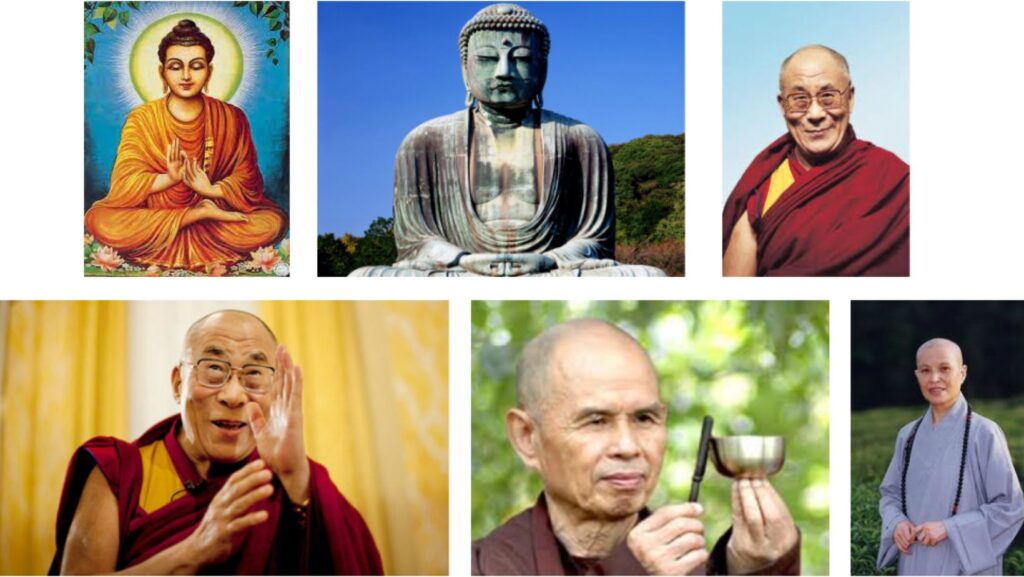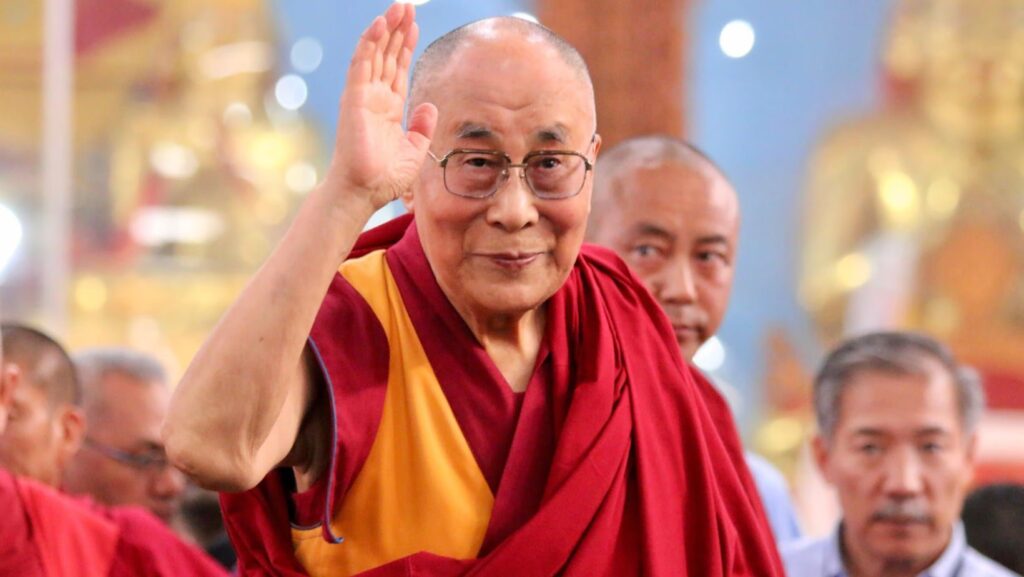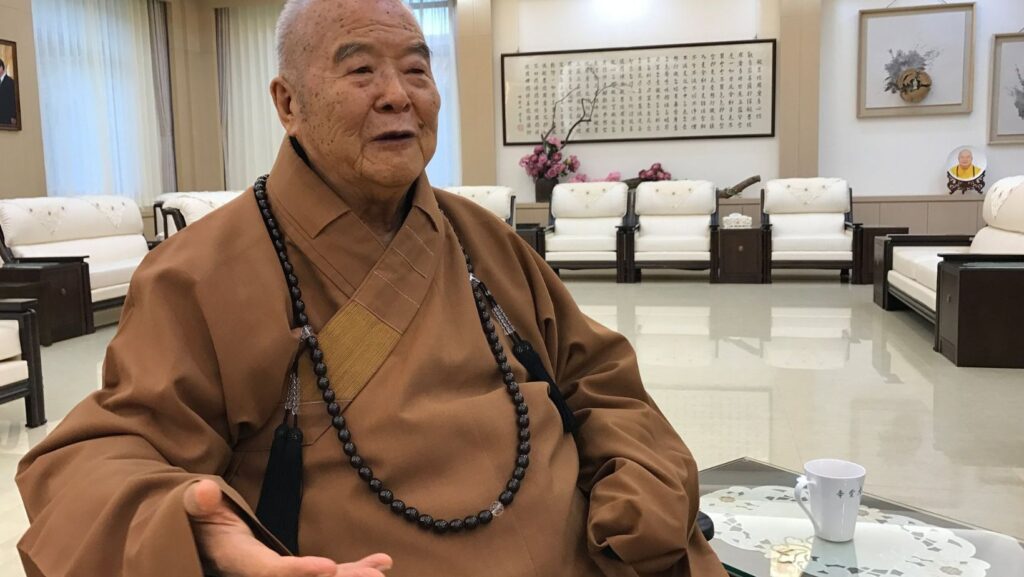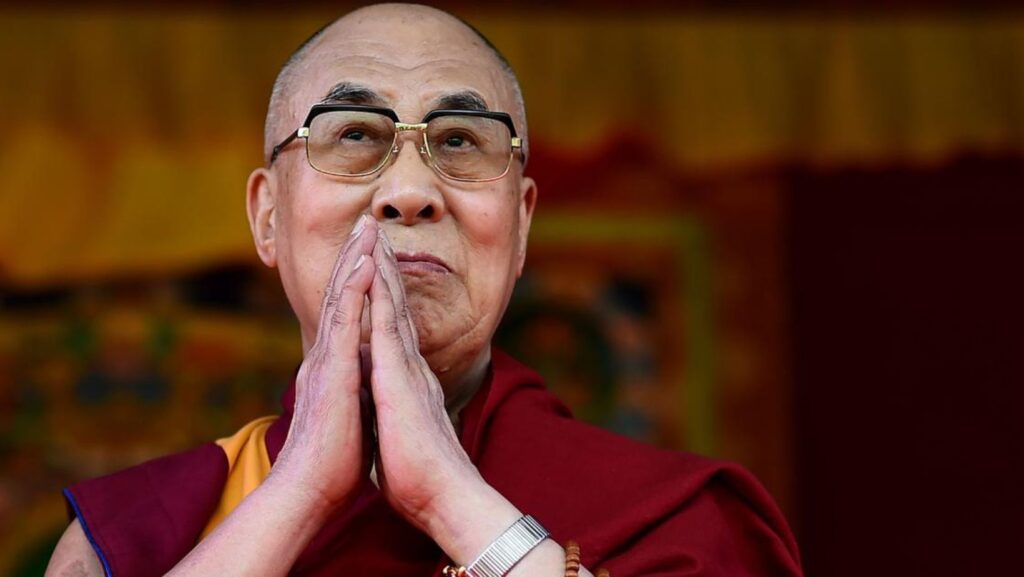Buddhism Leadership
As I delve into the intriguing topic of Buddhism leadership, one cannot help but wonder about the profound connection between Buddhist principles and effective leadership strategies. The essence of Buddhism lies in mindfulness, compassion and parenting wisdom – qualities that resonate deeply with successful leadership practices.

Exploring how Buddhist teachings can influence modern leadership styles offers a unique perspective on guiding individuals and organizations towards harmony and success. Incorporating mindfulness into decision-making processes and fostering a culture of empathy can elevate not just the leader but also the entire team to new heights of achievement.
Embracing the principles of Buddhism within leadership roles may present challenges, yet the potential benefits in enhancing communication, fostering resilience, and promoting ethical decision-making are undeniable. By blending ancient wisdom with contemporary approaches to leadership, we have an opportunity to cultivate workplaces built on values such as integrity, understanding, and collective well-being.
The Core Principles of Buddhism Leadership
When delving into the realm of Buddhism leadership, it’s crucial to understand the core principles that underpin this unique approach to guiding others. At its essence, Buddhism leadership is founded on principles of compassion, wisdom, and selflessness. These principles serve as beacons for leaders seeking to inspire and uplift those around them.

One fundamental tenet of Buddhism leadership is the concept of servant leadership. In this model, leaders prioritize serving their team members’ needs above their own ambitions. By embodying humility and empathy, a Buddhism leader fosters a harmonious and supportive environment where everyone can thrive.
Another key aspect of Buddhism leadership is mindfulness. Leaders practicing mindfulness cultivate present-moment awareness and non-judgmental acceptance. This enables them to make informed decisions rooted in clarity and composure, even amidst challenging circumstances.
Moreover, Buddhism leadership emphasizes ethical conduct and moral integrity. Leaders uphold high standards of honesty, fairness, and respect in all interactions. By embodying these virtues, they earn trust and loyalty from their followers while setting a positive example for others to emulate.
In essence, Buddhism leadership transcends traditional notions of authority by embracing interconnectedness and interdependence among all beings. By integrating these core principles into their leadership style, individuals can become not just effective leaders but also compassionate guides who inspire positive change in the world around them.
Historical Examples of Buddhism Leadership
Exploring the annals of history unveils a tapestry of exemplars in Buddhism leadership, encapsulating wisdom, compassion, and enlightenment. Let’s delve into several remarkable instances that have left an indelible mark on the evolution of Buddhist leadership.

1. Emperor Ashoka:
In the 3rd century BCE, Emperor Ashoka ascended to power in India and embraced Buddhism after witnessing the horrors of war. Renowned for his conversion to non-violence and propagation of dharma, Ashoka stands as a towering figure in Buddhist history. His edicts inscribed on pillars throughout his empire promoted moral principles and social welfare, illustrating his commitment to ethical governance inspired by Buddhist teachings.
2. Thich Nhat Hanh:
A contemporary luminary in Buddhism leadership is Thich Nhat Hanh, a Vietnamese monk renowned for his advocacy of engaged Buddhism and mindfulness practices. Through prolific writings and global peace initiatives, Thich Nhat Hanh exemplifies compassionate leadership grounded in the principles of interbeing and interconnectedness. His teachings emphasize the cultivation of inner peace as a foundation for promoting harmony within oneself and society at large.
3. Daisaku Ikeda:
Daisaku Ikeda, president of Soka Gakkai International (SGI), epitomizes transformative leadership rooted in humanistic values and empowerment. As a proponent of peace education and cultural exchange, Ikeda has spearheaded initiatives to foster dialogue among diverse cultures and promote global citizenship. His vision aligns with Buddhist ideals of fostering respect for life and championing solidarity across humanity’s myriad differences.
4. Jetsunma Tenzin Palmo:
Jetsunma Tenzin Palmo emerges as a trailblazer in advocating gender equality within Tibetan Buddhism while embodying resilience and spiritual fortitude. Renowned for her twelve-year solitary retreat in the Himalayas, she highlights the importance of women’s voices in shaping Buddhist communities worldwide. Her advocacy for female monasticism underscores the evolving landscape of Buddhism leadership towards inclusivity and equity.
As we reflect on these historical figures shaping Buddhism leadership through their profound actions and teachings, we witness a tapestry woven with threads of compassion, wisdom, and visionary stewardship that continue to inspire generations seeking guidance along the path towards enlightenment.
